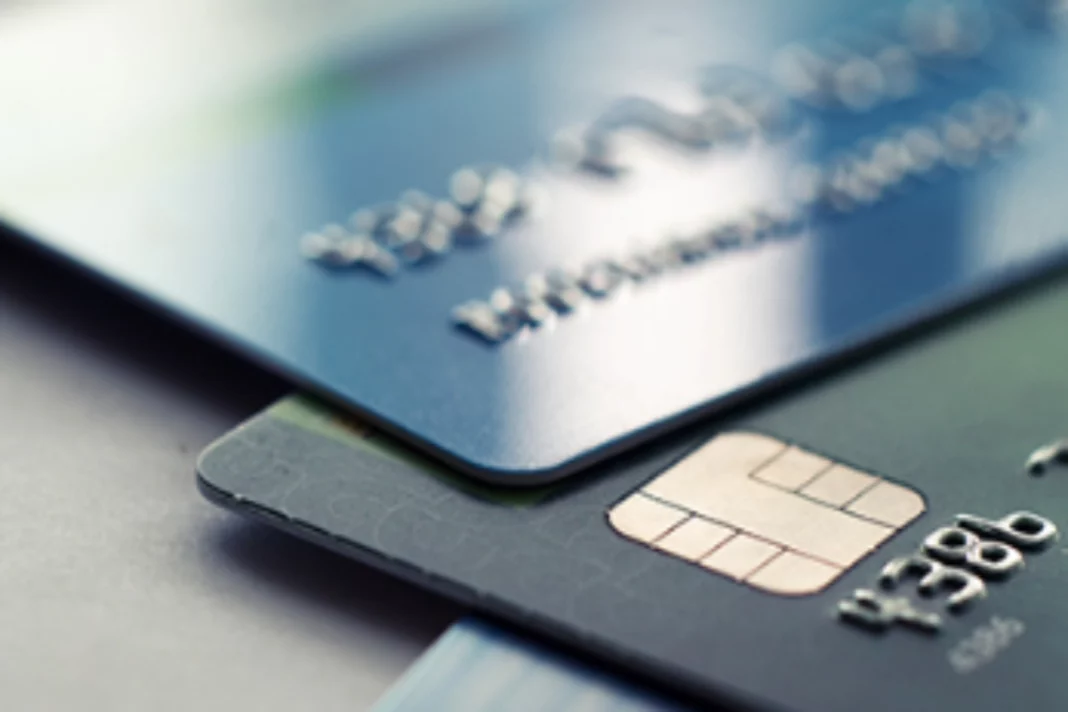Debit Card vs Credit Card: Having a checking account at a bank or credit union usually entitles you to a debit card. With the use of this card, you may make safe, prompt transactions both in-person and online by deducting the amount from your checking account and withdrawing cash from ATMs. The majority of banks provide debit cards at no cost to customers.
How does a debit card differ from a credit card?
You must set up a PIN number that you use for transactions while using a debit card. This raises the security ante. It’s crucial to avoid choosing a predictable PIN, such as your birthday or address, and to keep your PIN confidential because anyone with it can access your bank account. There are some situations where it makes more sense to use your debit card rather than your credit card, even if using a credit card has benefits like the ability to earn rewards and cash back and enhanced fraud protection.
Emergency Cash Options
In an emergency, you can use an ATM to obtain cash using both a debit card and a credit card. Withdrawing cash using a credit card is referred to as a cash advance, and you will be charged interest right away (often more than if you simply carry a balance from month to month). Due to their high cost, cash advances are often discouraged by financial experts. The transaction will be free if you use your debit card to withdraw cash from an in-network ATM. Both your bank and the ATM operator will probably charge you a transaction fee if you use an out-of-network ATM out of desperation. This may cost more, but not nearly as much as taking out cash with a credit card.
Certain banks, like Ally and Alliant, offer to reimburse a certain amount of out-of-network ATM fees per quarter, month, or year. When using a debit card, many businesses allow you to add cash for withdrawal to your purchase at the time of sale. Ted Rossman, senior industry analyst at Bankrate, advises going into a store and withdrawing money along with your purchase if you’re in a circumstance where you need cash but can’t find an in-network ATM nearby in order to avoid paying ATM fees.
You should have enough money in your checking account to cover the additional cash amount added to your sale as well as your purchases, even if this technique can save you money on transaction costs. Your bank could charge you overdraft fees if you spend too much. (See Select’s ranking of the top checking accounts for vacationers.)
Debit Cards Exempt from Fees
When you use your credit card to make a transaction, some small companies, internet merchants, and eateries will levy an additional cost; however, debit cards are not subject to these fees. Even though I adore credit card benefits, Rossman states that she wouldn’t want to fork over 3% in fees in exchange for 1% or 2% in cash back. “It would be a better option if there is no processing fee assessed to the debit card.” Additionally, if you have a credit card that levies foreign transaction fees, you might want to think about utilising a debit card instead of a credit card when making an overseas purchase. Make sure to confirm which cost is cheaper before departing for overseas travel.
DON'T MISS
Continuous Interest Accumulation
A debit card could be a better option if you’re having trouble paying off your credit card debt and need to control your overspending. It would make sense to use a debit card for regular transactions if you have credit card debt in order to prevent accruing more debt. However, that presents a bit of a dilemma because you might not have the funds. The interest on both revolving balances and any new purchases continues to build if you are simply making the minimum payment on your credit card accounts each month. This is one of the things that causes credit card debt for certain people. The minimum payments on your credit card can add up over time and result in significant interest costs.
Emergency Cash Withdrawal Options
In an emergency, you can use an ATM to obtain cash using both a debit card and a credit card. Withdrawing cash using a credit card is referred to as a cash advance, and you will be charged interest right away (often more than if you simply carry a balance from month to month). Due to their high cost, cash advances are often discouraged by financial experts. The transaction will be free if you use your debit card to withdraw cash from an in-network ATM. Both your bank and the ATM operator will probably charge you a transaction fee if you use an out-of-network ATM out of desperation. This may cost more, but not nearly as much as taking out cash with a credit card. Certain banks, like Ally and Alliant, offer to reimburse a certain amount of out-of-network ATM fees per quarter, month, or year.
Keep watching our YouTube Channel ‘DNP INDIA’. Also, please subscribe and follow us on FACEBOOK, INSTAGRAM, and TWITTER.



